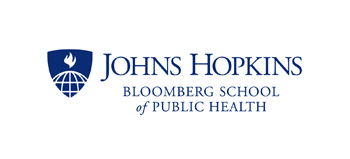New Lerner Center for Public Health Promotion Launched by Johns Hopkins Bloomberg School of Public Health
Johns Hopkins Bloomberg School of Public HealthThe Johns Hopkins Bloomberg School of Public Health is announcing the launch of the Lerner Center for Public Health Promotion, which will develop and disseminate programs that encourage healthy behavioral change and train faculty and students in health promotion and advocacy. The center will be established in the Department of Health, Behavior and Society with a gift from Sid and Helaine Lerner, long-time friends of the school.
